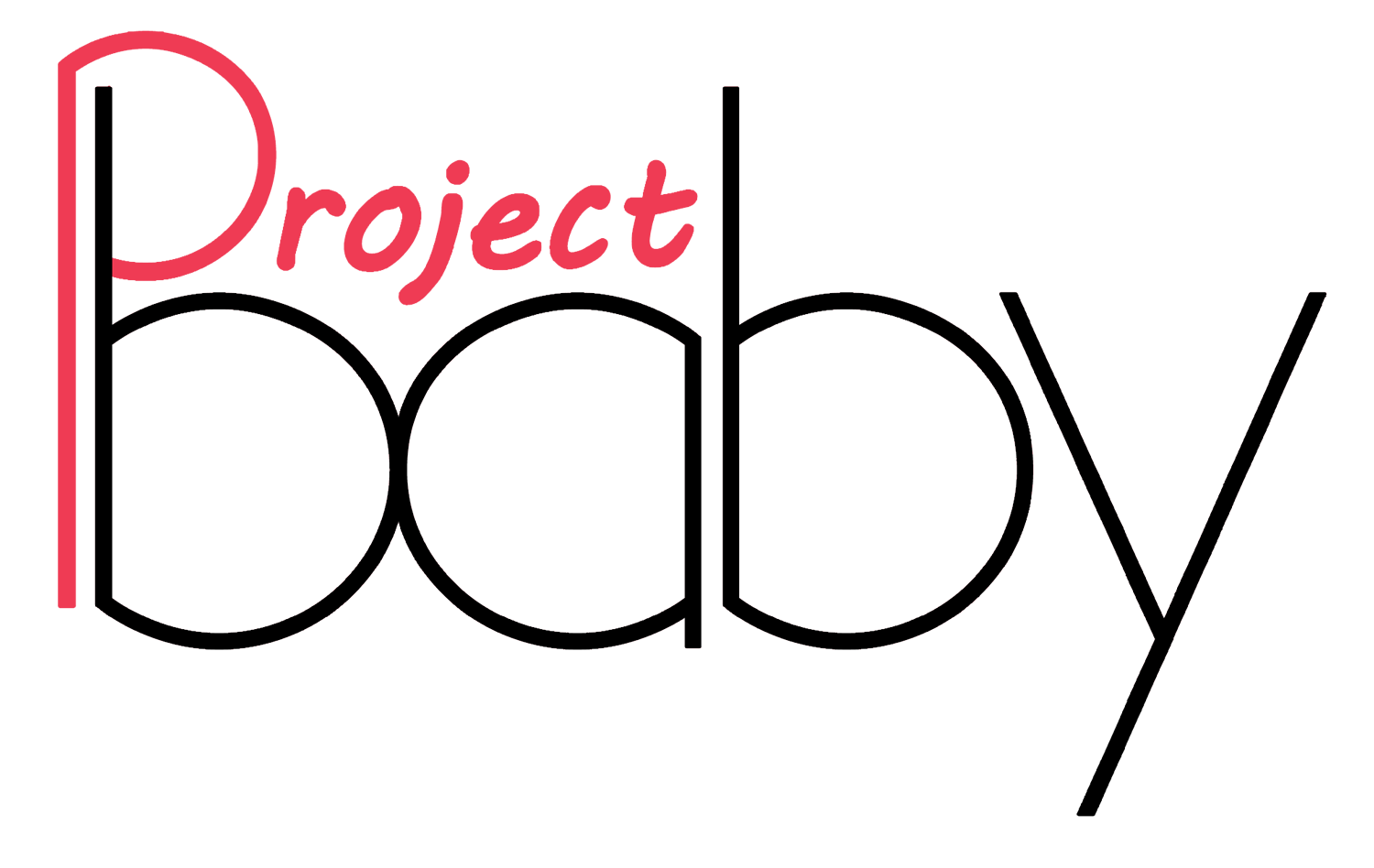
Best Fitness Exercises for Postpartumn
For some women, exercise is the last thing on their mind during the first month postpartum.
In fact, many obstetricians and midwives suggest waiting four to six weeks after you give birth before beginning to exercise.
1. Start postpartum workouts slowly
Swimming is incredibly effective in working your heart and lungs without putting too much pressure on your joints?
For postnatal women, swimming or an aqua aerobics class are effective in adding muscle tone, while providing a gentle exercise that wonít strain your body too much after birth. However, it is advisable to stay clear of the swimming pool until any postnatal bleeding has stopped and scarring has healed if you had a caesarean?
2. Prenatal yoga
Many postnatal women find yoga beneficial, as it encourages relaxation in the post-birth whirlwind while helping to strengthen core muscles and prevent back pain.
Jill Simpson, founder of MINDBODY studio Ebb&Flow explains: Postnatal yoga is a great way to get strong again in specific areas, such as your core muscles. Itís also a time to focus on you, connect with other mums whilst boosting your energy.
There are even yoga classes you can bring your baby to.
3. Postpartumn Pilates
Pilates is one of the most effective pre- and postnatal exercises as it targets the muscles that generally weaken during pregnancy.
Erica Foulds, master trainer at MINDBODY studio Ten Health & Fitness explains: As Pilates is non-impact, compared to other forms of exercise, the risk of injury is reduced, so not only is it physically beneficial and advisable, but knowing your’e exercising safely can also help to reduce anxiety and provide reassurance during classes.
“There are also mental and emotional benefits, as Pilates is a highly immersive and focused form of exercise; the focus and concentration required make a great time-out from everyday pressures.”
Don’t Forget!
Any mother will be very familiar with pelvic floor exercises. These exercises are incredibly important, as they help to strengthen the muscles that come into great strain in pregnancy and childbirth. Begin by sitting, standing or laying down in a comfortable position and squeeze and lift your pelvic floor muscles (these are the ones you use when you’re trying to hold in a pee). Hold this contraction for up to ten seconds, then relax. Repeat ten times and aim to do three or four sets each day!








